In Thai schoolbooks, farmers are called the “backbone” of the agriculture-oriented country. But that backbone is under stress.
In the rice sector alone, farmers have long encountered uncertainties caused by competition in the world market, impacts from drought or floods, and, for many, long-term debt.
“I sold rice at 5,900 baht ($168.60) per ton in last season’s crop. Some others got only 5,200 to 5,300 baht per ton,” said Lamduan Maliwan, a farmer in Ayudhya province north of Bangkok.
That price, from September, was the lowest in decades, she said.
“I invested 120,000 baht ($3,429) on 40 rai (15.8 acres) of rice fields. My yield was 20 tons. I did not make a profit at all,” she said, adding that fertilizer alone cost 20,000 baht ($559).
Taking care of rice farmers – 23 million of the nation’s 51 million eligible voters – is a key concern of any government and political party in Thailand.
A failed rice scheme helped topple the previous government of Yingluck Shinawatra. Now, with rice prices foundering, Prime Minister Prayuth Chan-o-cha is injecting billions of baht into new loans and subsidies.
Prone to corruption
Thailand is one of the world’s major rice suppliers, exporting 9.79 million tons valued at $4.613 billion in 2015, according to the Thai Rice Exporters Association (TREA). The two top importers of Thai rice were China and the Philippines.
But in three of the last four years, India surpassed Thailand as the world’s top rice exporter, the TREA statistics showed.
During Yingluck’s tenure as prime-minister, from August 2011 to May 2014, Thai rice farmers were encouraged to store their crop in government silos in anticipation of better world prices and given advances of 15,000 baht ($419) per ton that they were to repay later.
But rice rotted in silos because world prices never reached that height. Some farmers who stored their rice received nothing because the government ran out of money to fund the scheme.
Meanwhile, the high price of Thai rice in 2012 and a major flood in 2011 allowed India and Vietnam to become the two top rice exporters in 2012, with India exporting 10.65 million tons and Vietnam million 7.73 tons, versus Thailand’s 6.97 million tons.
Dr. Warong Dejwikrom, a former member of parliament from the Democrat Party, told BenarNews that Yingluck’s programs were gravely flawed and prone to corruption.
“The middle rice price was 9,000 baht per ton then, but she accepted the mortgage at 15,000 baht per ton,” Warong told BenarNews.
“In my opinion, the mortgage price should have been below the middle price. She simply bought overpriced rice. The government then had to act as trader and it was opened to corruption and caused the country heavy losses,” he said.
Before Yingluck was toppled by Prayuth in May 2014, her government failed to pay outstanding mortgages to farmers because it was broke.
In January 2016, the Supreme Court started the trial of Yingluck for failure to stop a “corrupt” subsidy project. Her trial is expected to continue to mid-2017.
In September, the Comptroller General Department ordered Yingluck to repay 35.7 billion baht out of net subsidy losses of 178 billion baht in the 2012/13 and 2013/14 seasons.
However, a former MP for Yingluck’s Pheu Thai Party argued that Yingluck’s trial is not “appropriate.”
“This rice mortgage is for the best benefits of the public. Every government did it and there were no such thing as loss or gain because the projects were aimed at helping the farmers,” Somkid Cheaukong told BenarNews by phone.
Full story: BenarNews
Nontarat Phaicharoen
Bangkok
Copyright ©2016, BenarNews. Used with the permission of BenarNews.









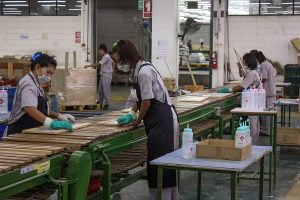
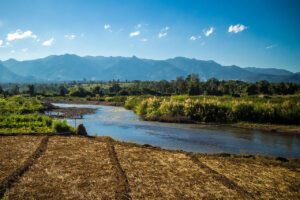
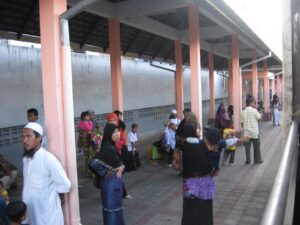
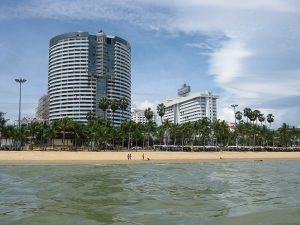
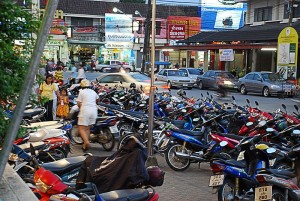
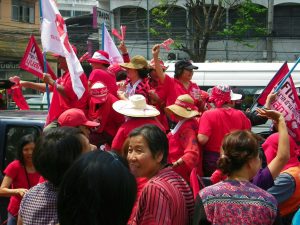


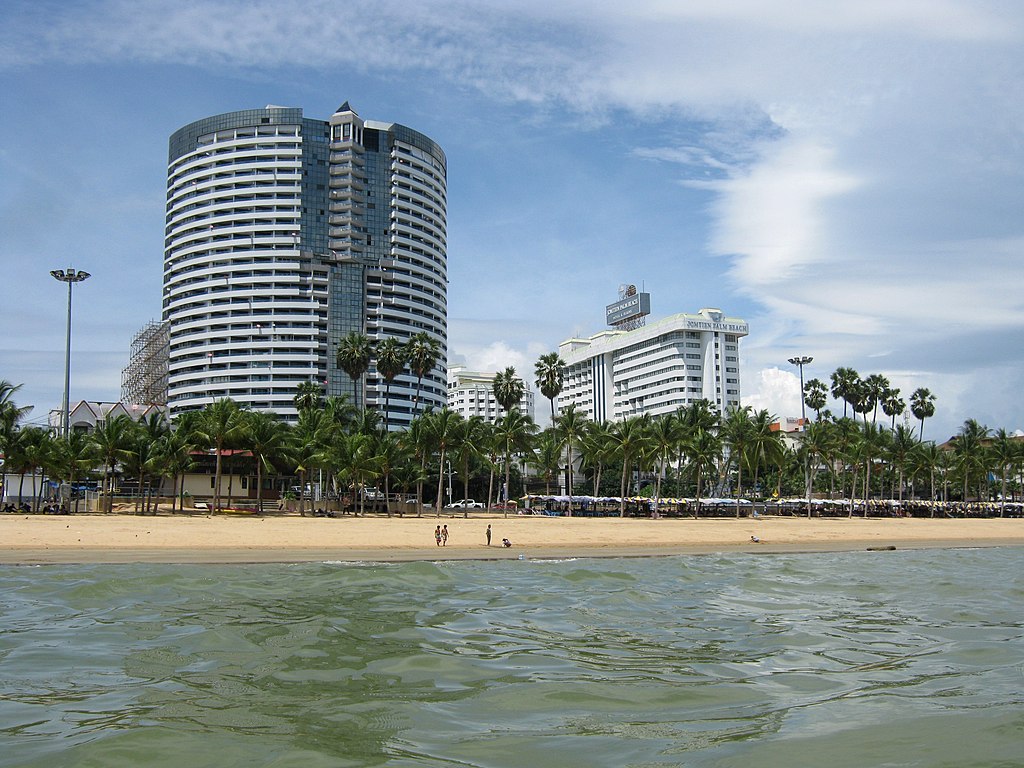
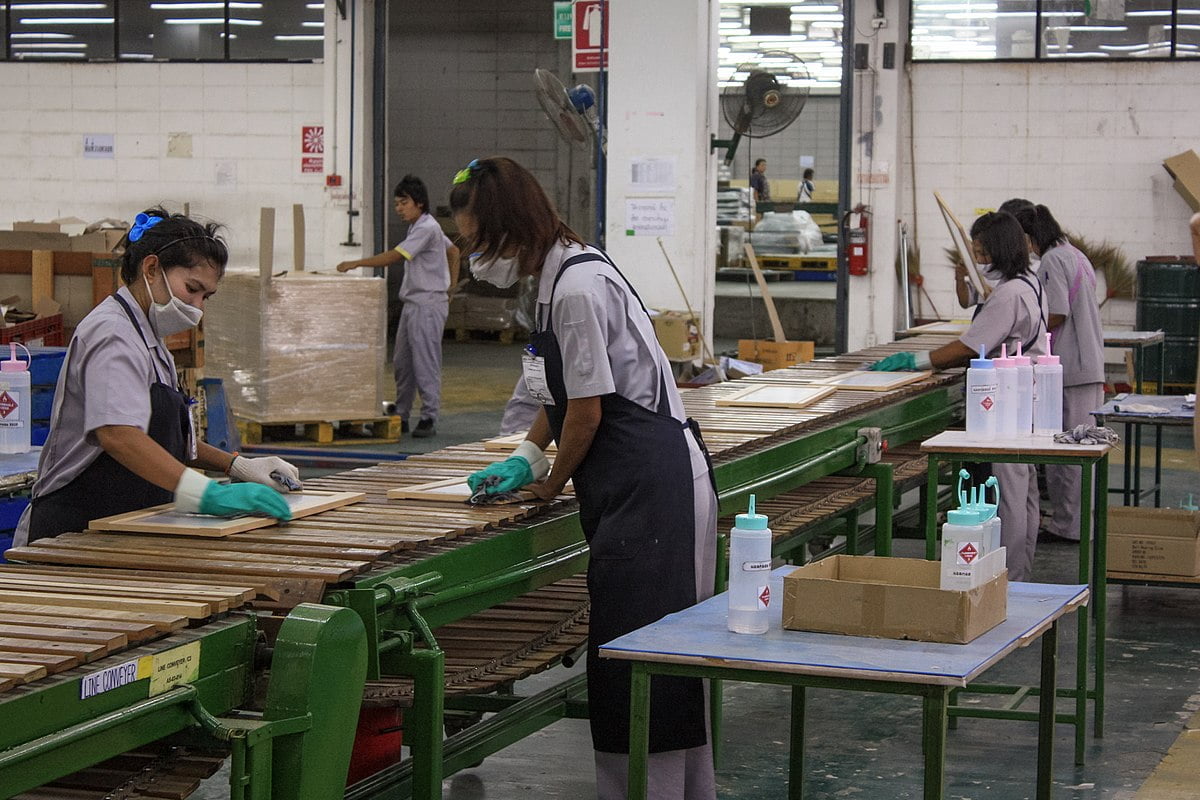
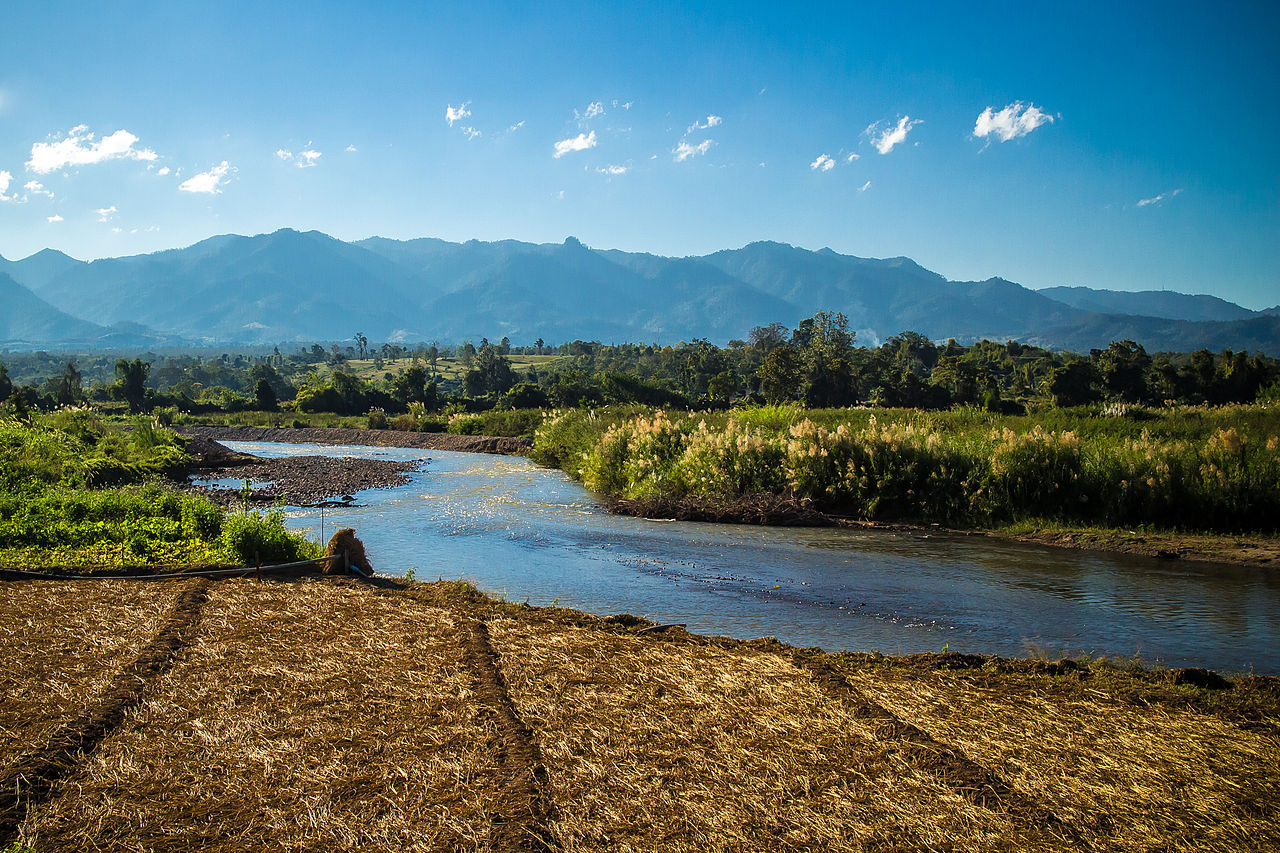
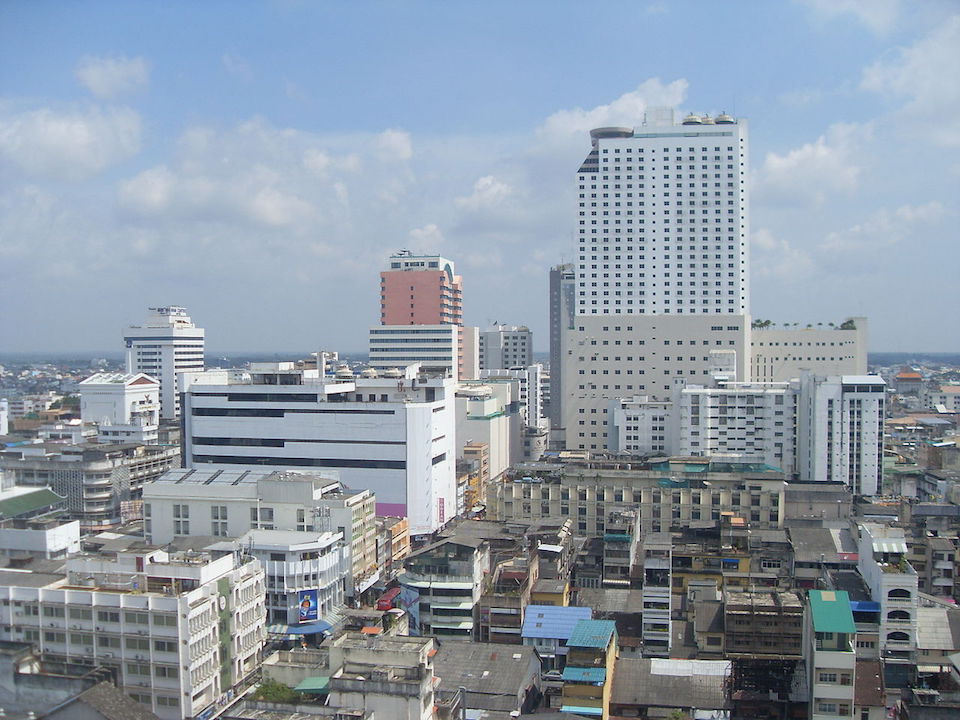

+ There are no comments
Add yours